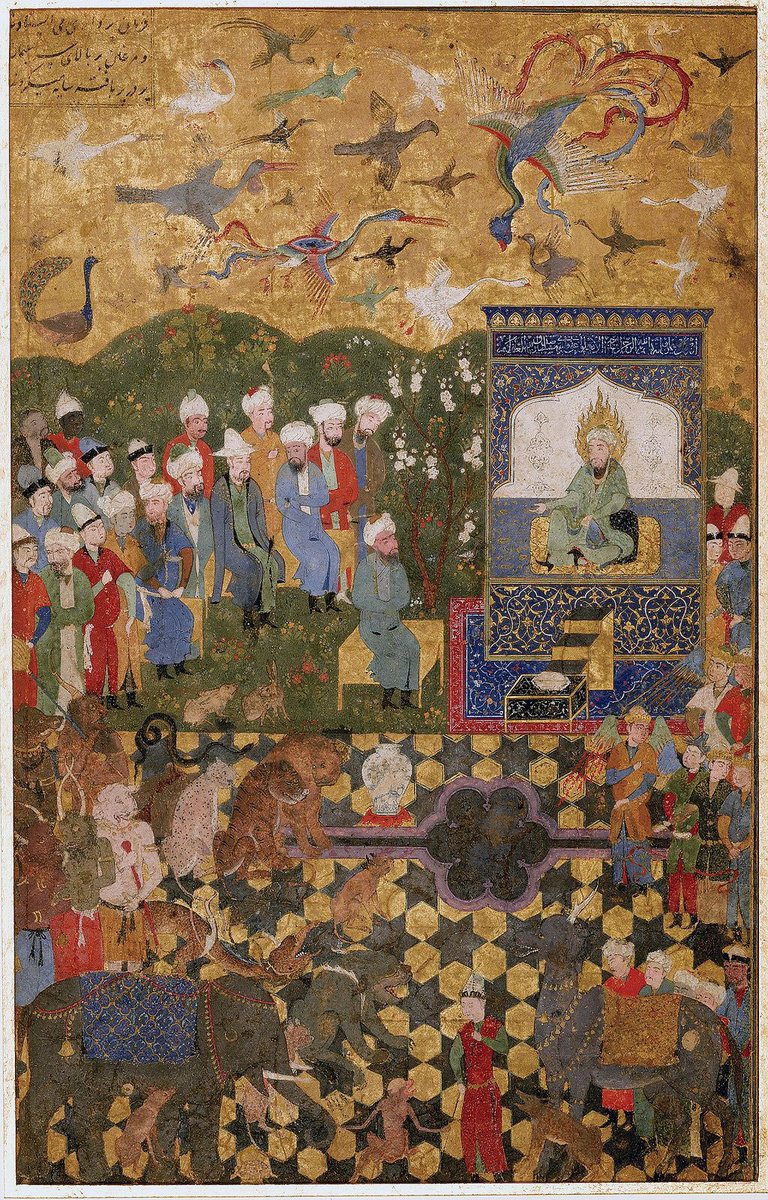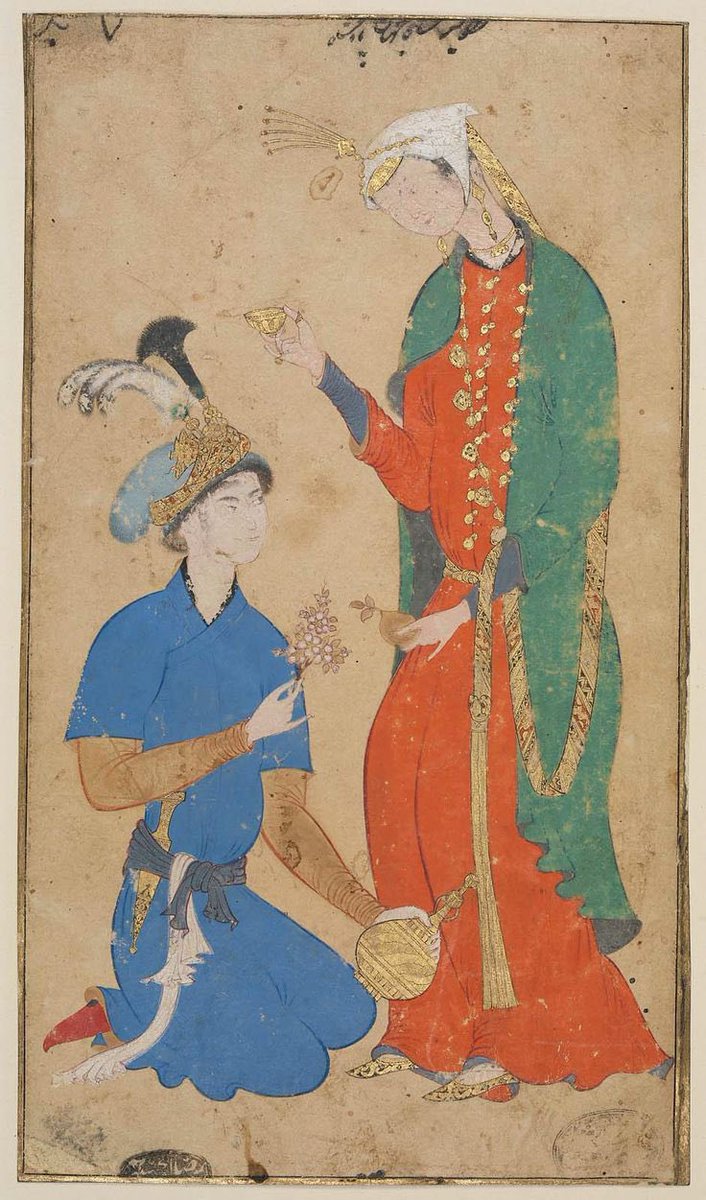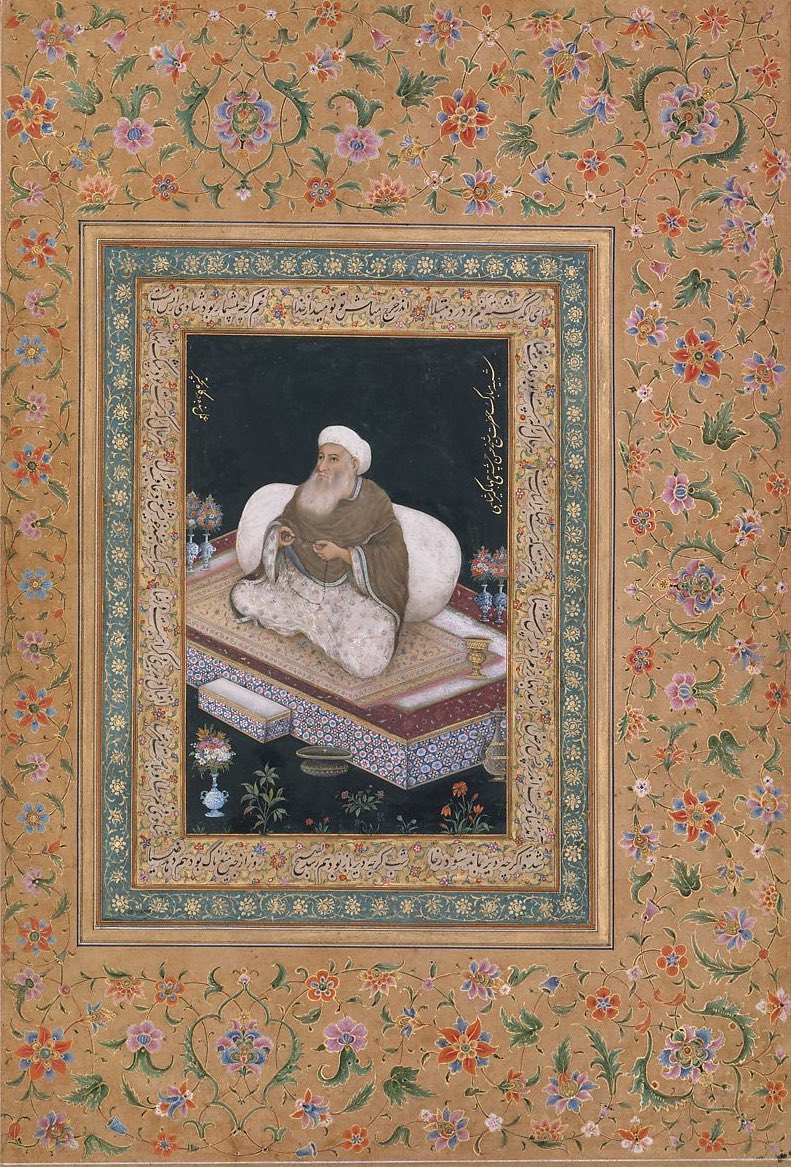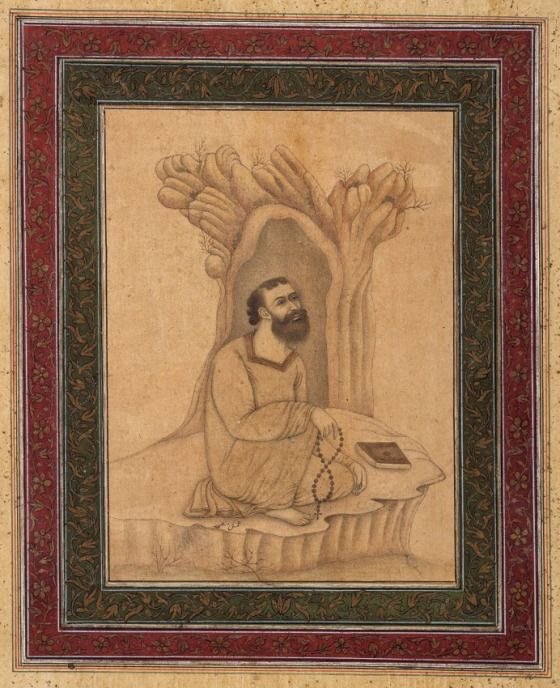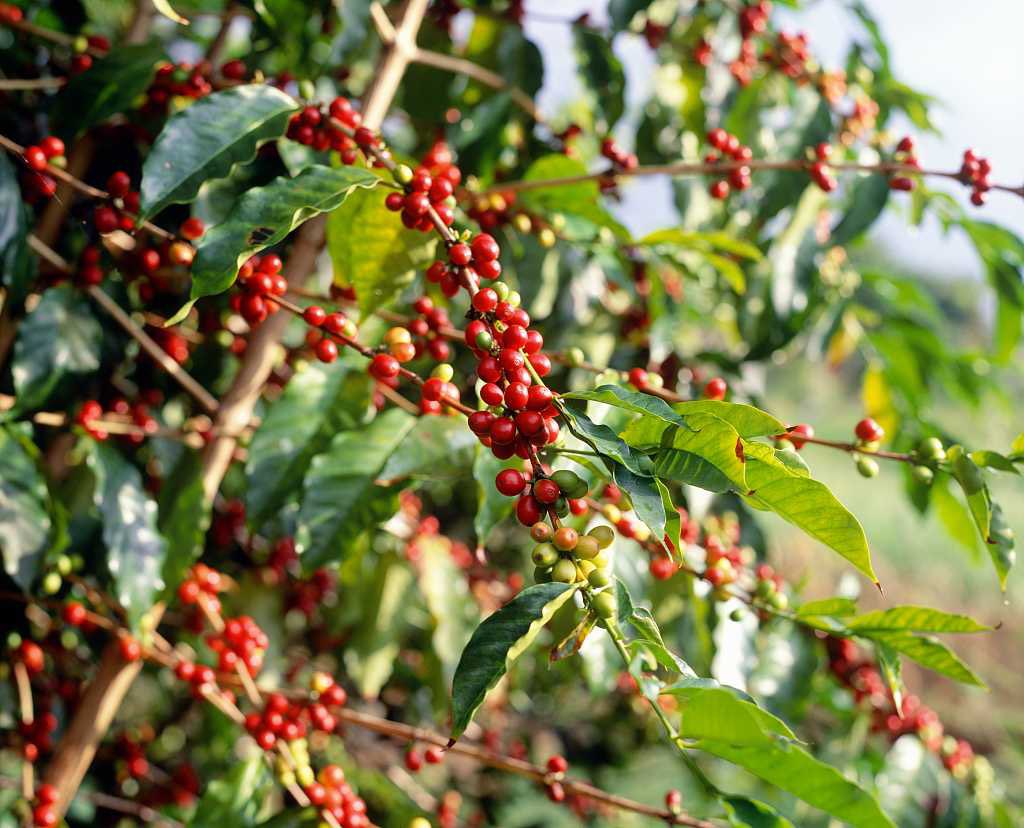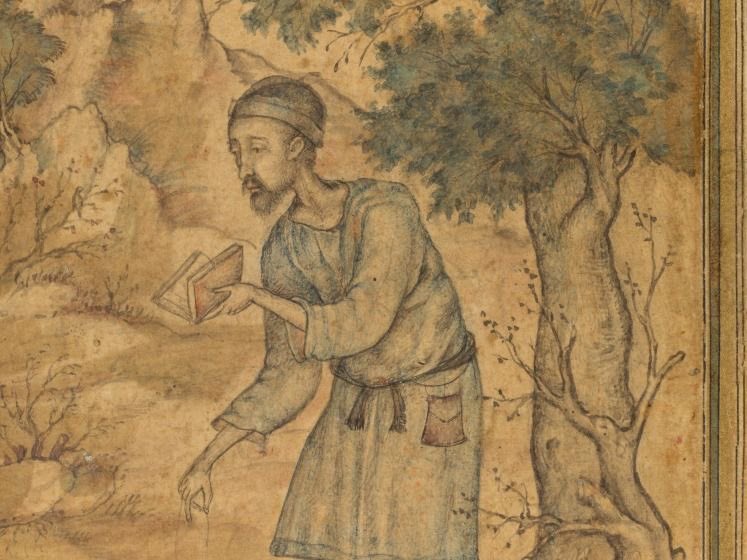
Muhimbi Fred Kule
@MuhimbiK
The Future is built on the ruins of the past #KobsRugby #CFC, Strategy student, Aqua hobbyist, Motorcycle lover. Vintage cars yeeyiiii
ID:607973993
14-06-2012 09:07:43
28,7K Tweets
874 Followers
830 Following



Legal alert: High Court of #Uganda has granted a search & seizure Order (legally known as 'Anton Piller') against a former employee who downloaded 125 confidential #email files from his former employer and shared them with a competitor company
#employment #ethics #tradesecrets



















